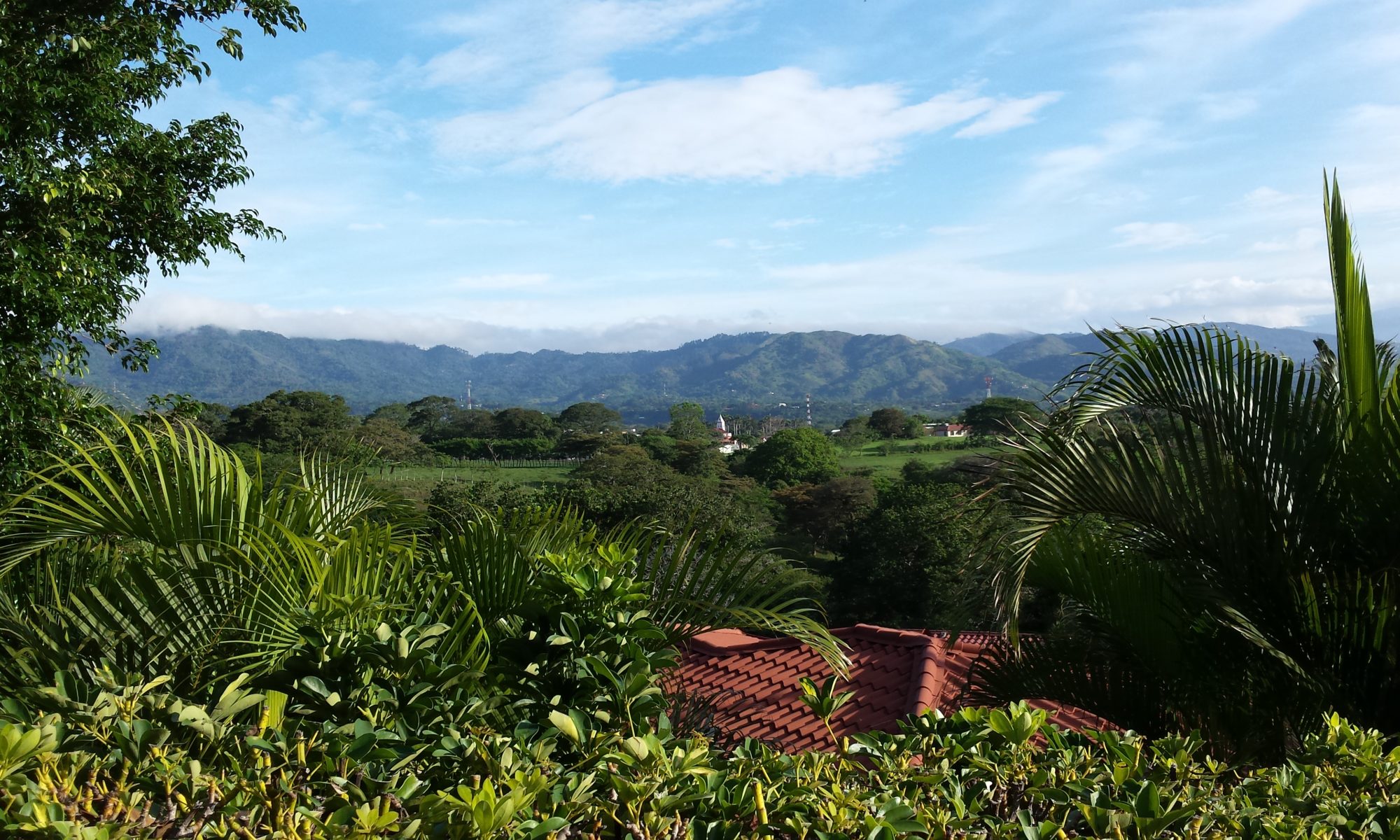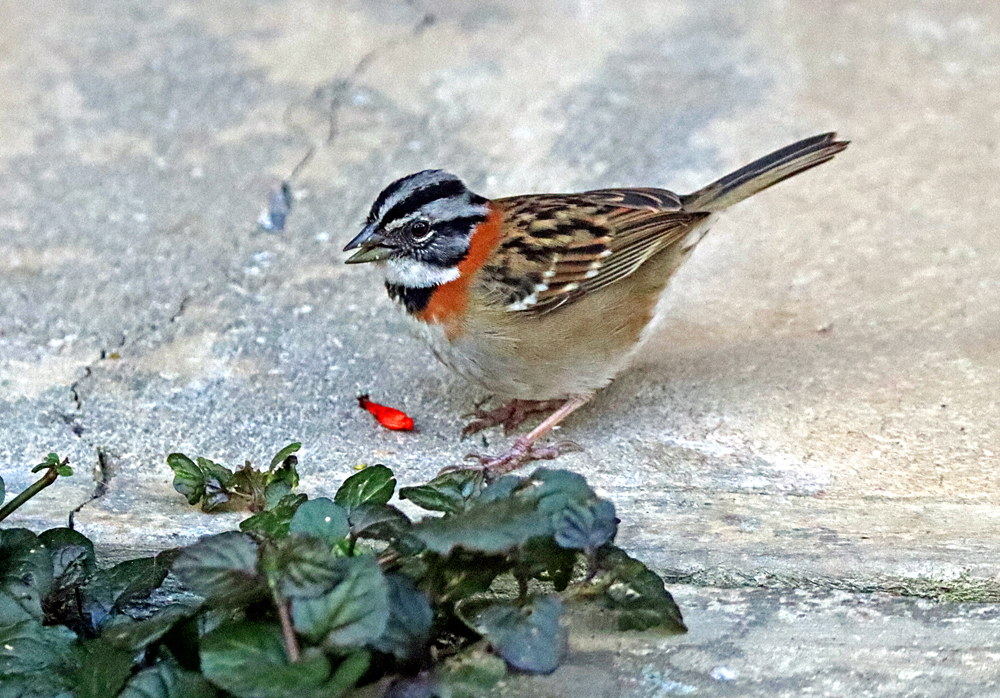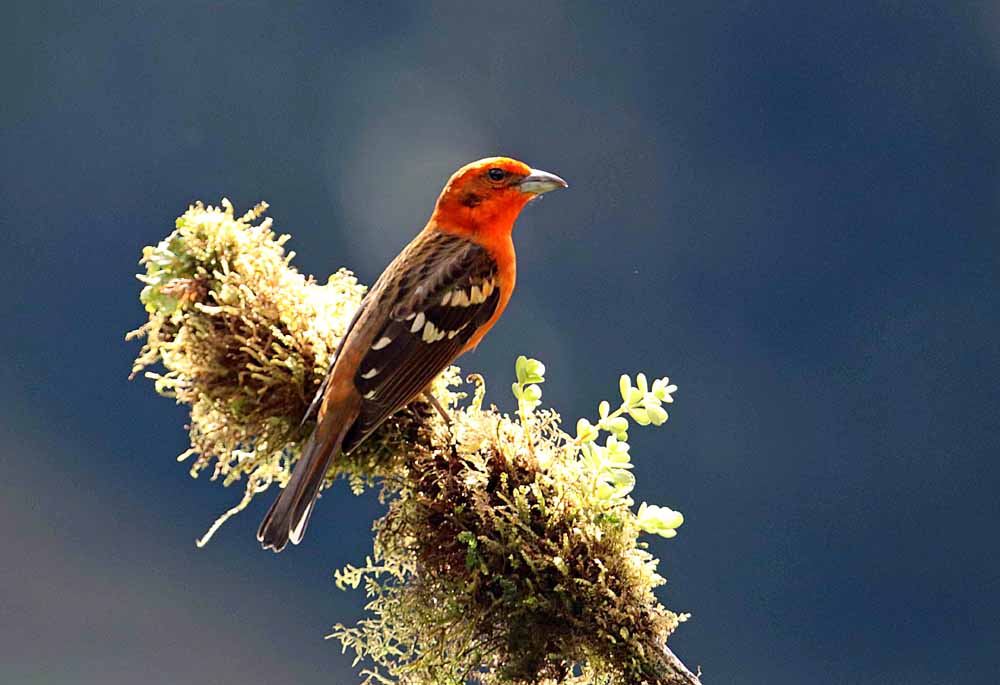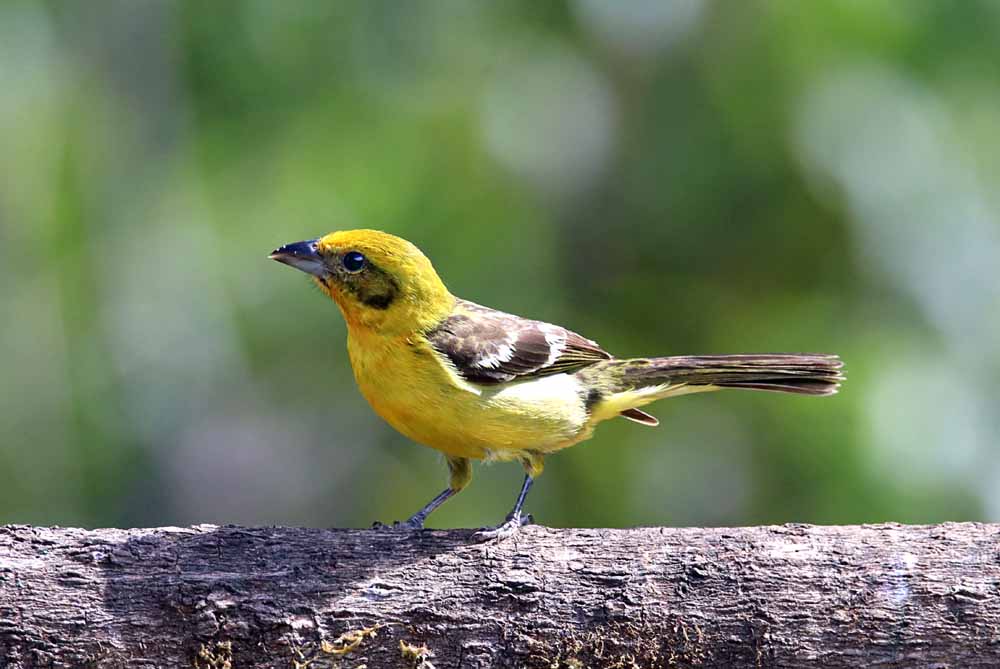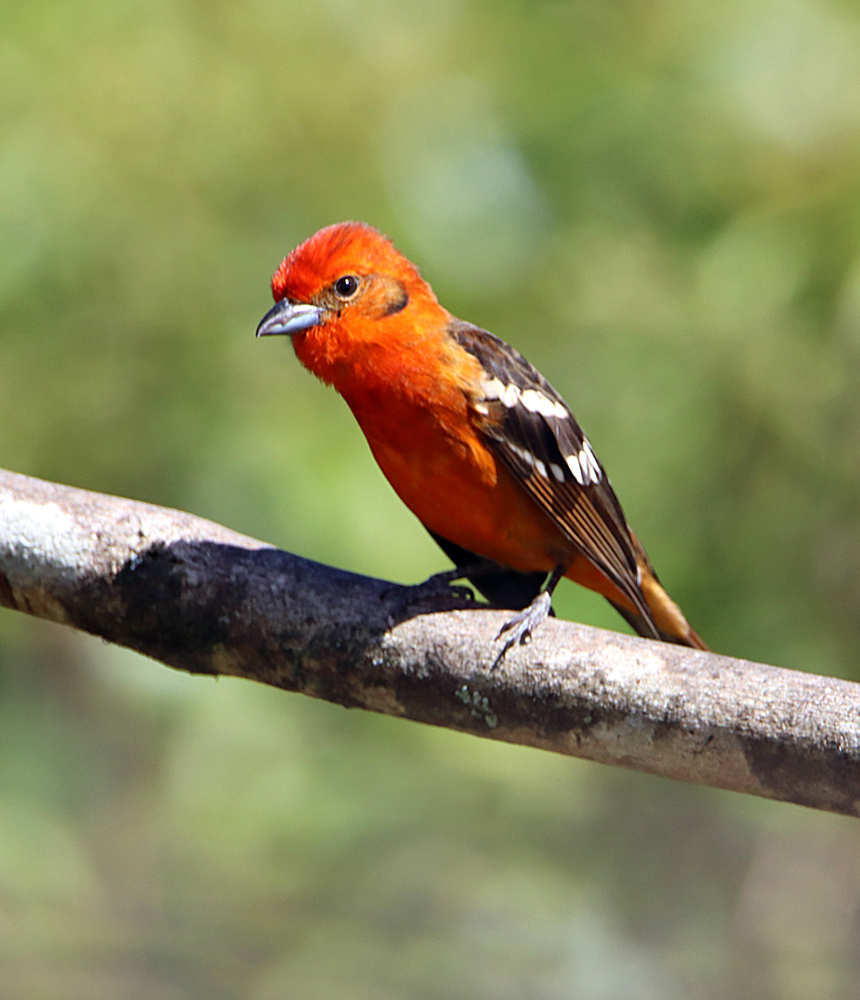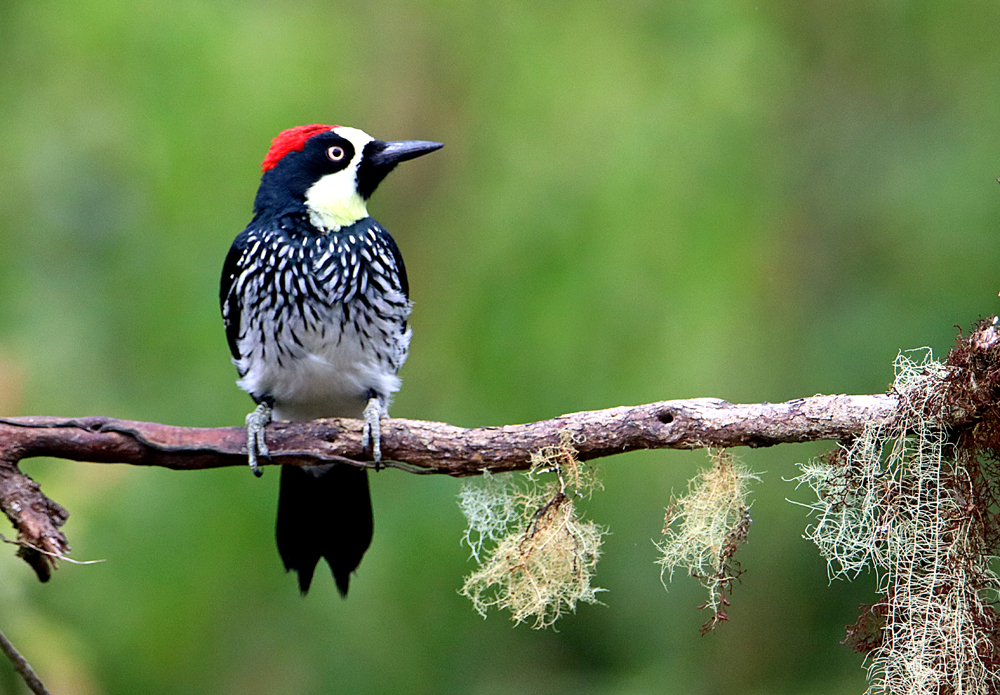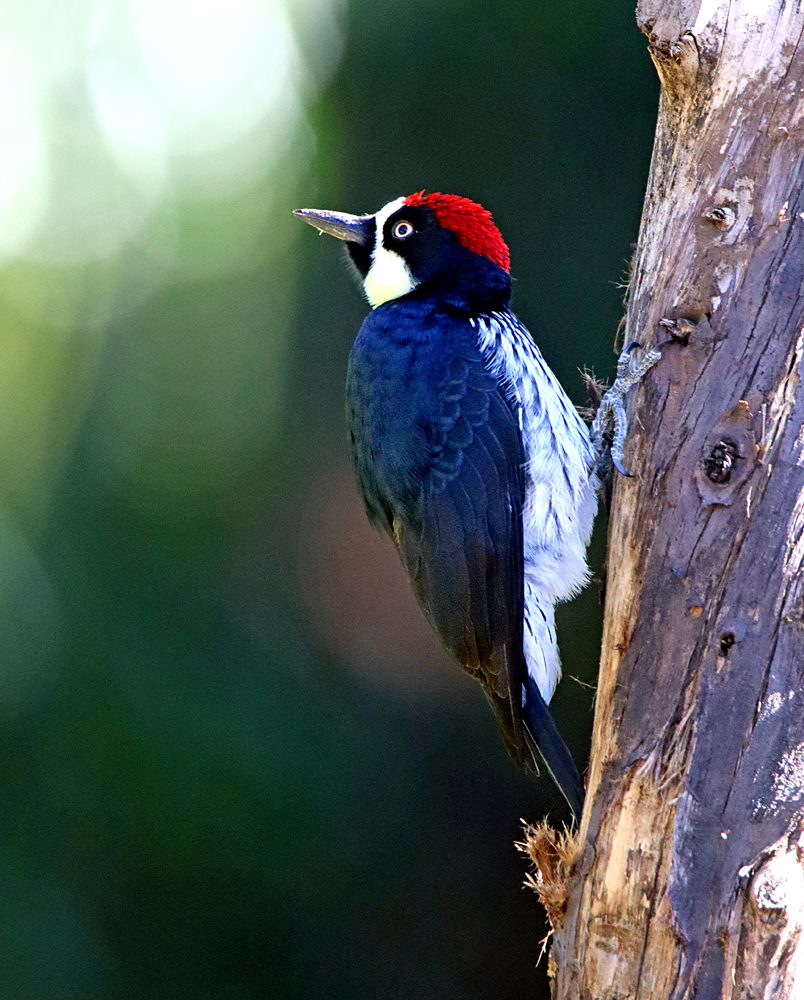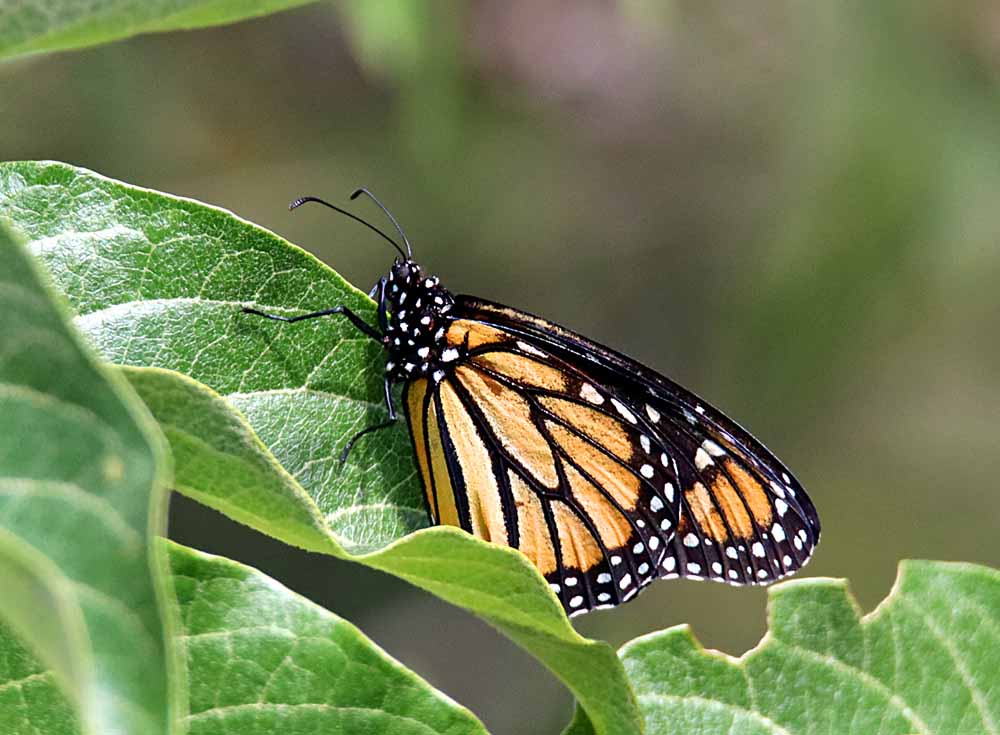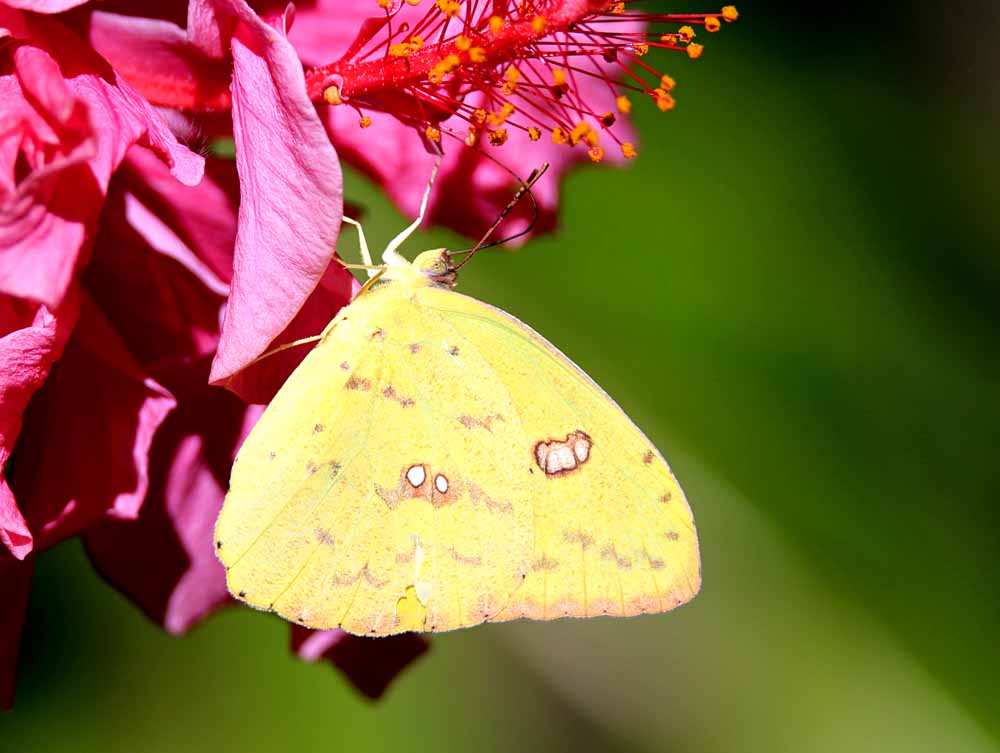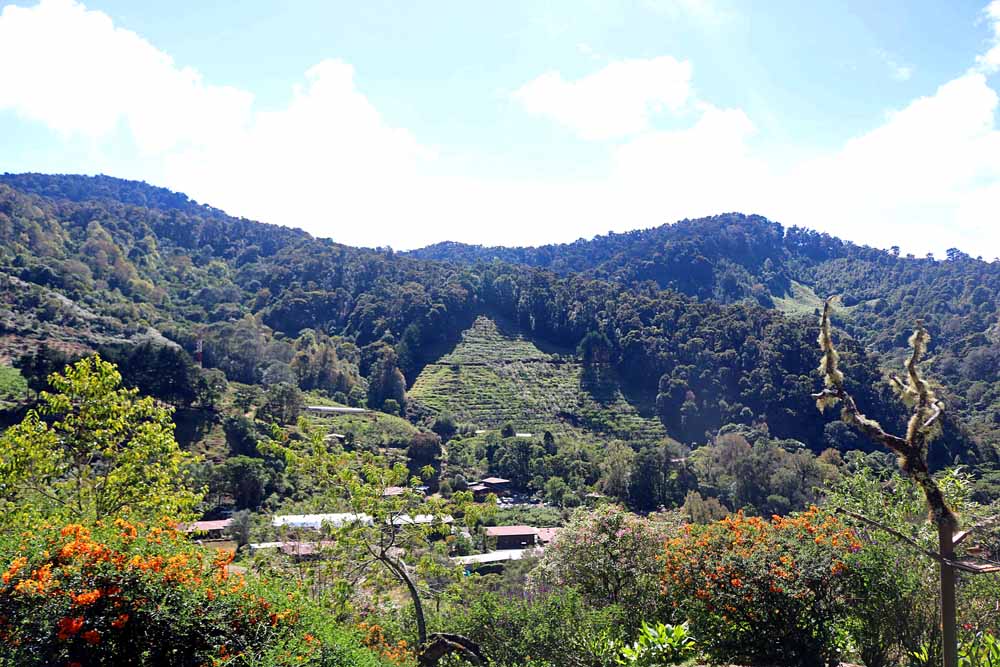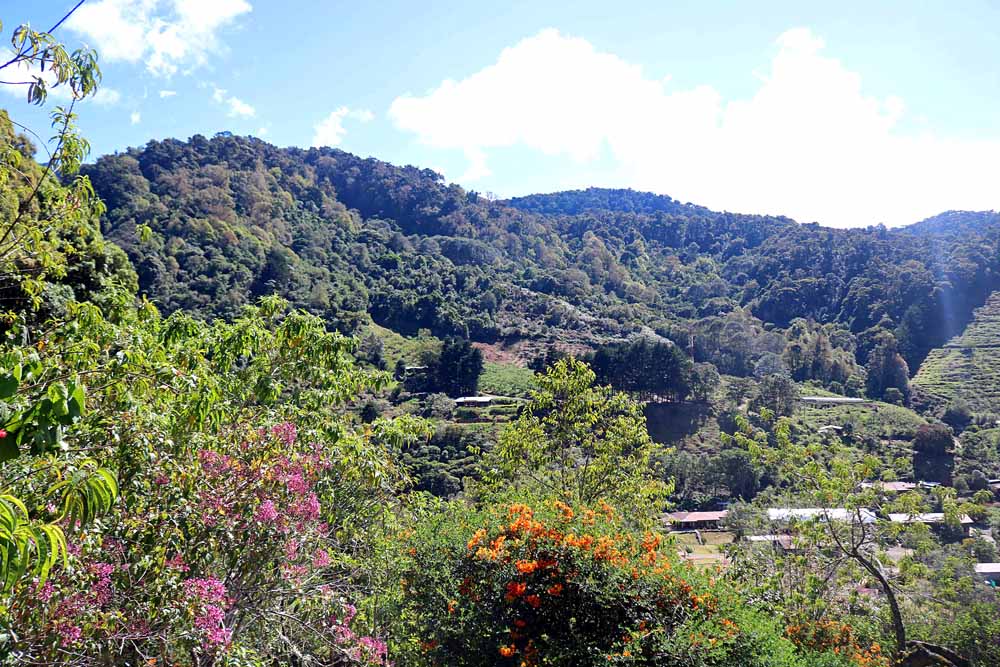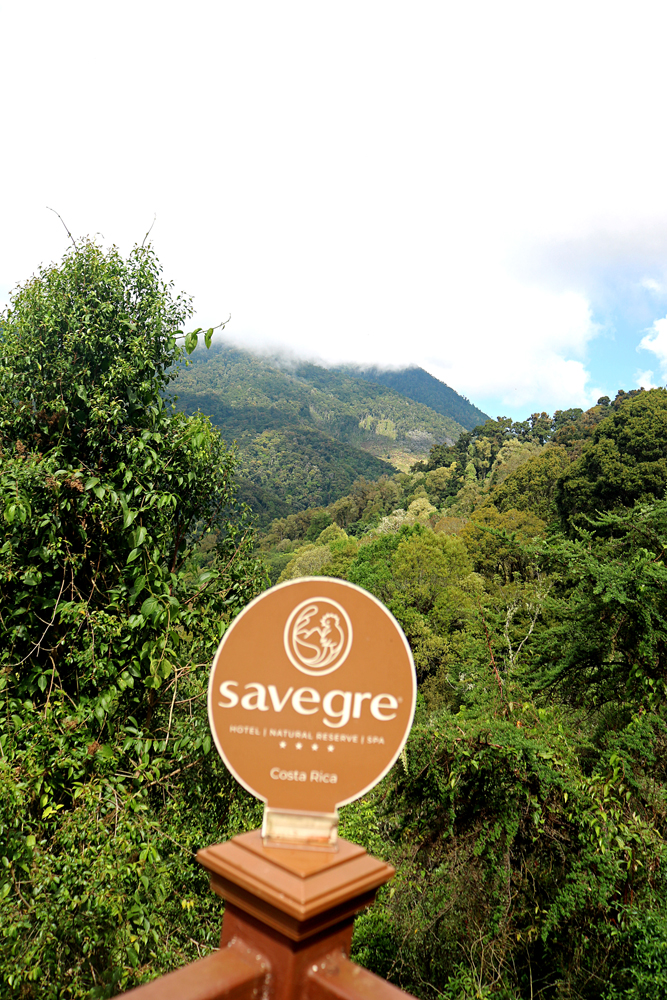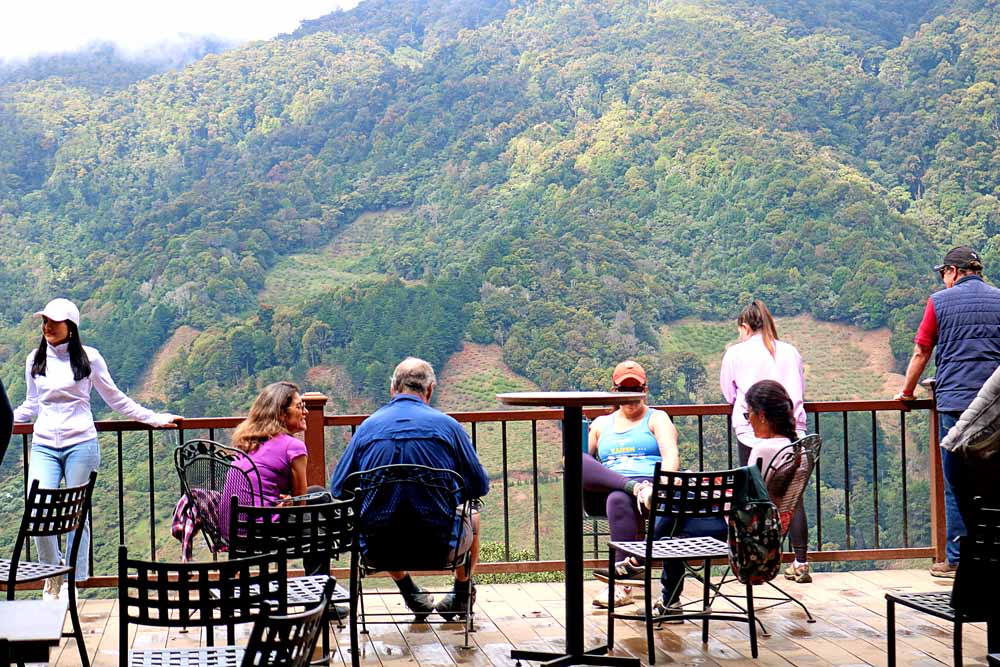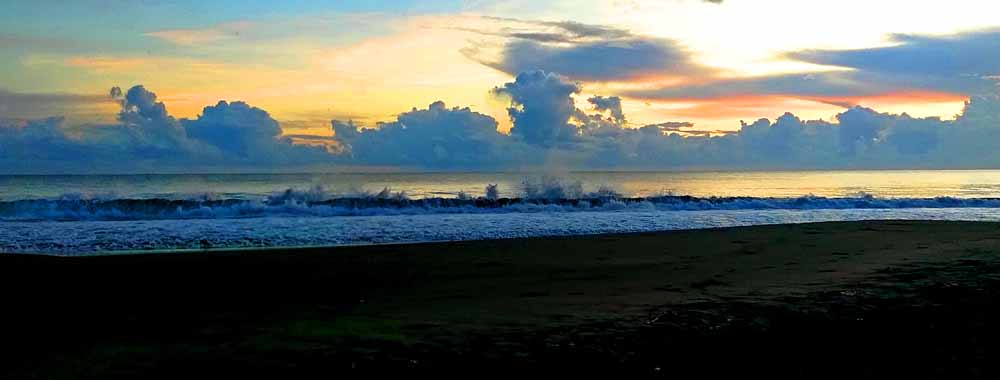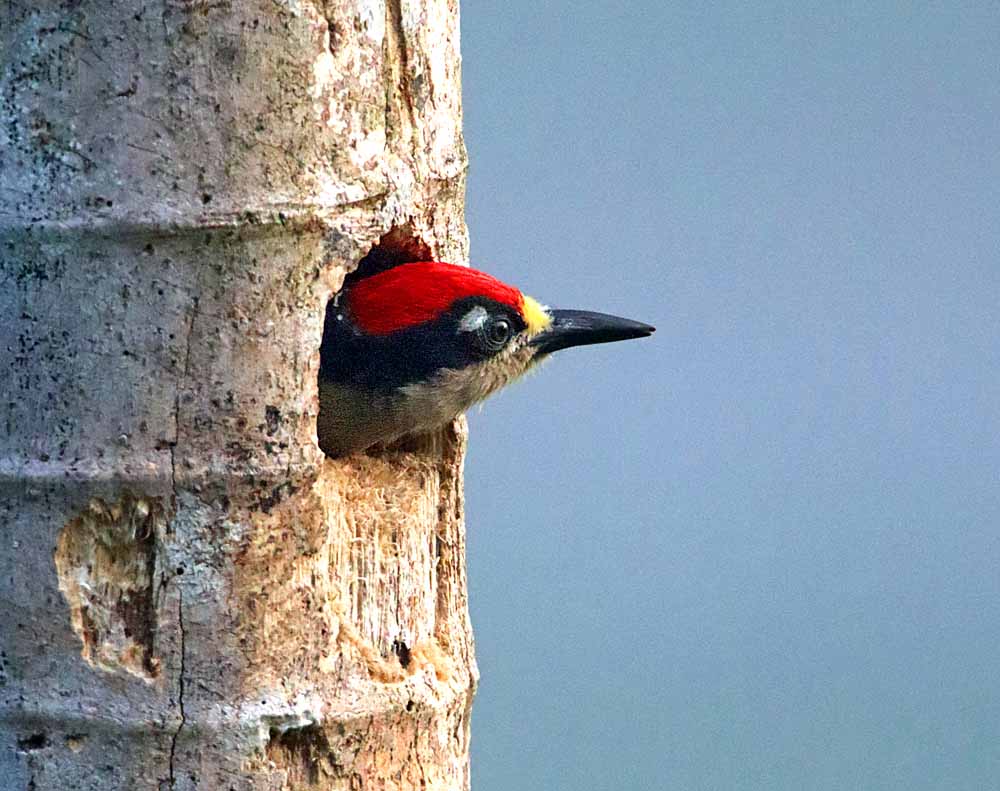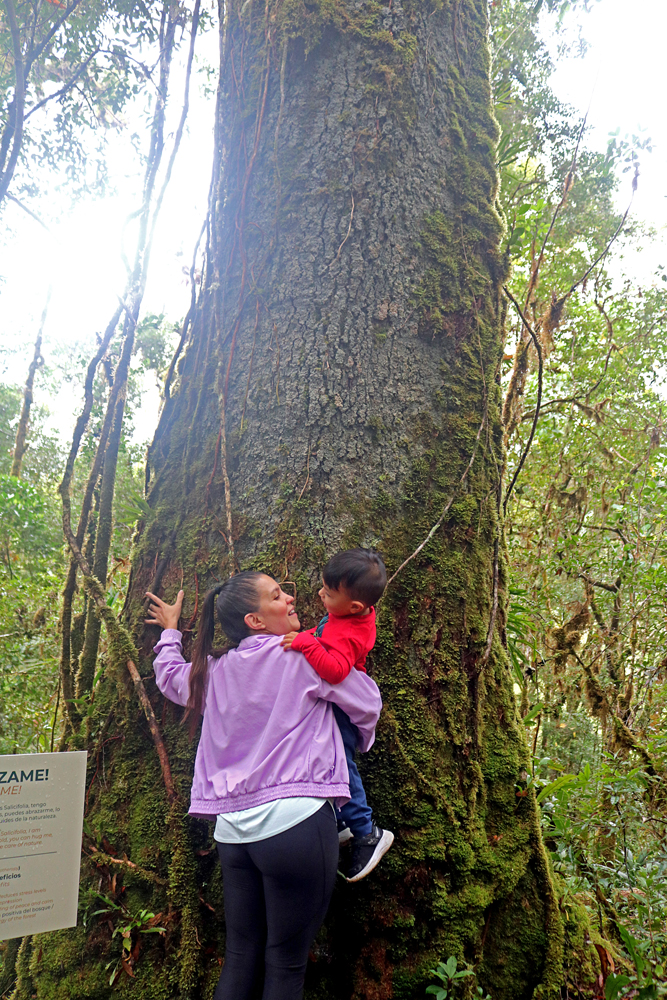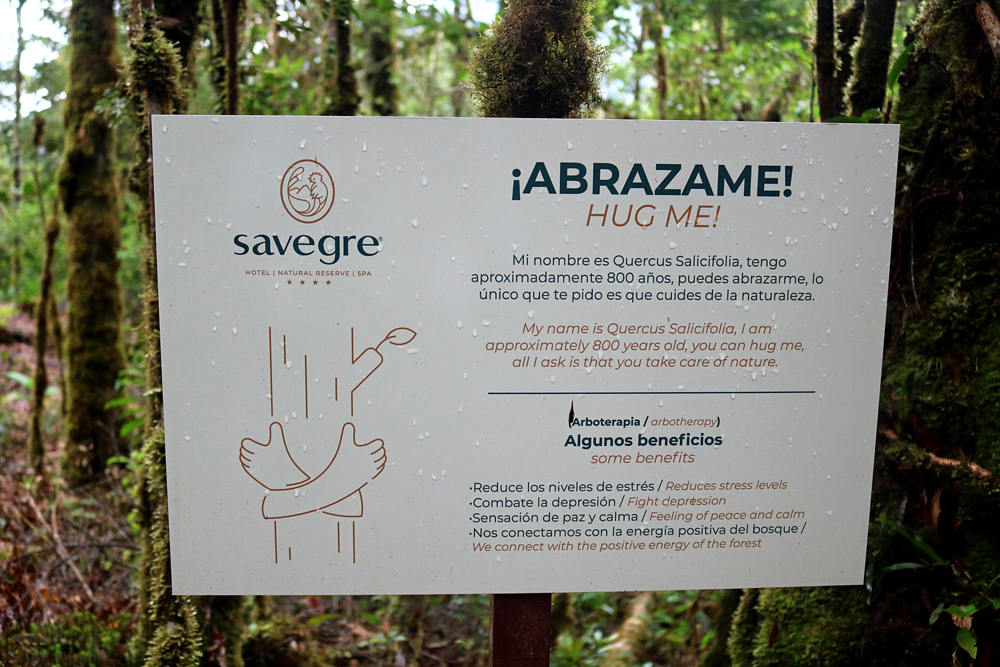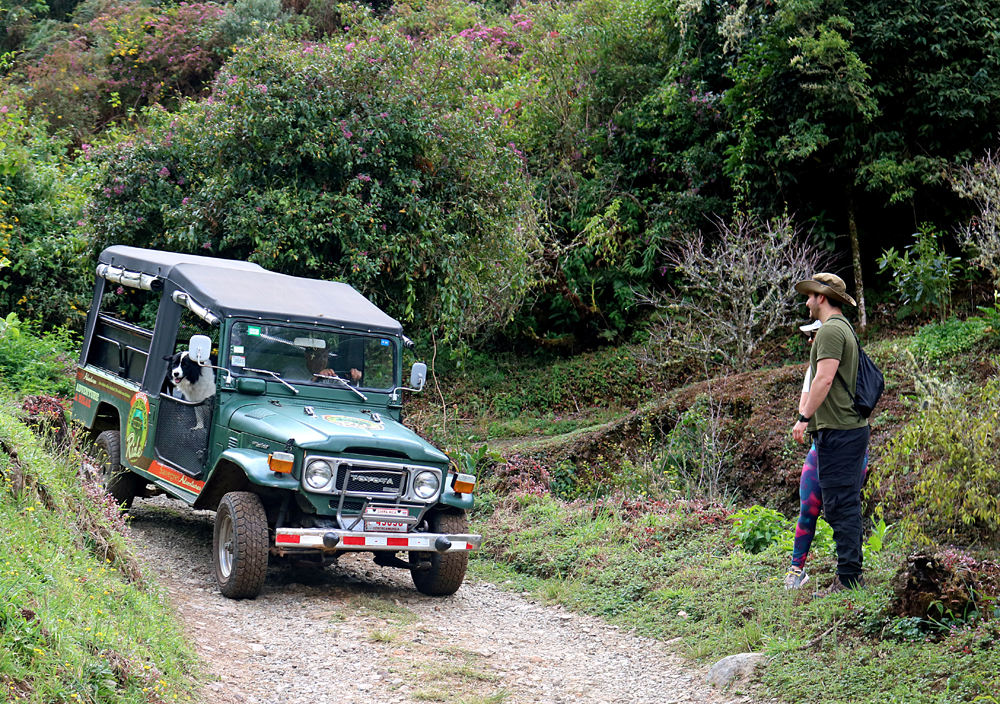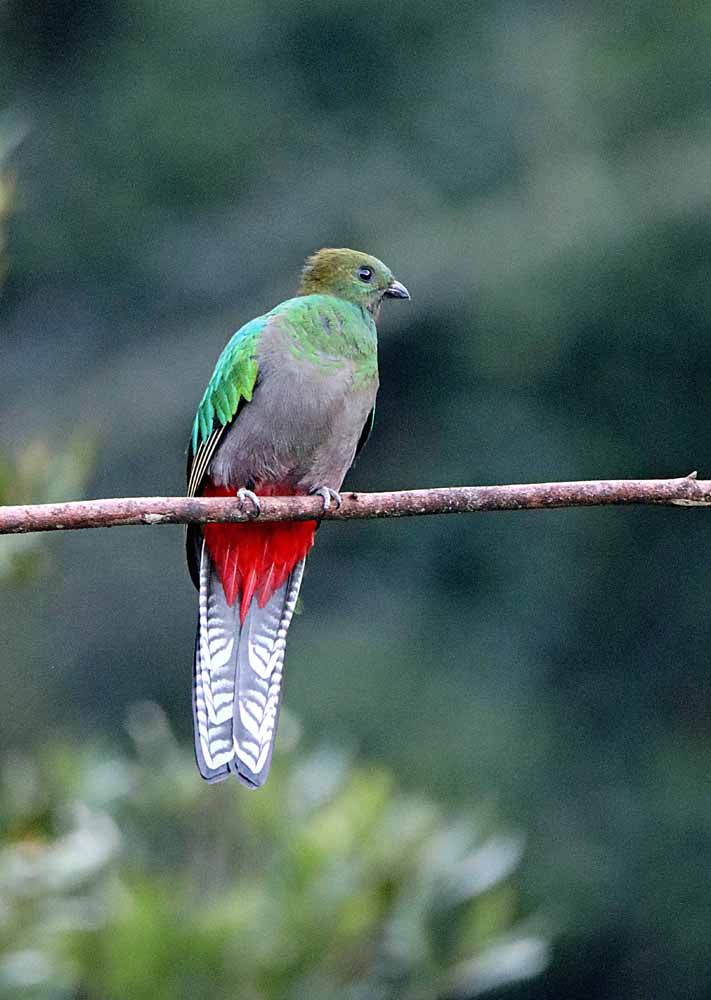To me, every bird is a work of art and thus I try to make each photo of one a work of art, though I do have some ugly photos just to document seeing a species! :-) This common Rufous-collared Sparrow was seen a lot at Hotel Savegre this trip and I have a trip gallery of Rufous-collared Sparrows that will soon become a part of the Trip Gallery for this 2023 time at Savegre. And of course in my big birds gallery there’s a larger Rufous-collared Sparrow GALLERY with birds from this and other mountain lodges and even one at a hotel in San Jose and it includes my very first photo of this species from my 2009 trip to this same hotel (then a smaller mountain lodge) which is interesting, of a mother feeding her chick a worm, if you don’t consider that gross! :-) And you can read about this tropical bird on eBird. It is found only in Central and South America. The scientific name is Zonotrichia capensis.
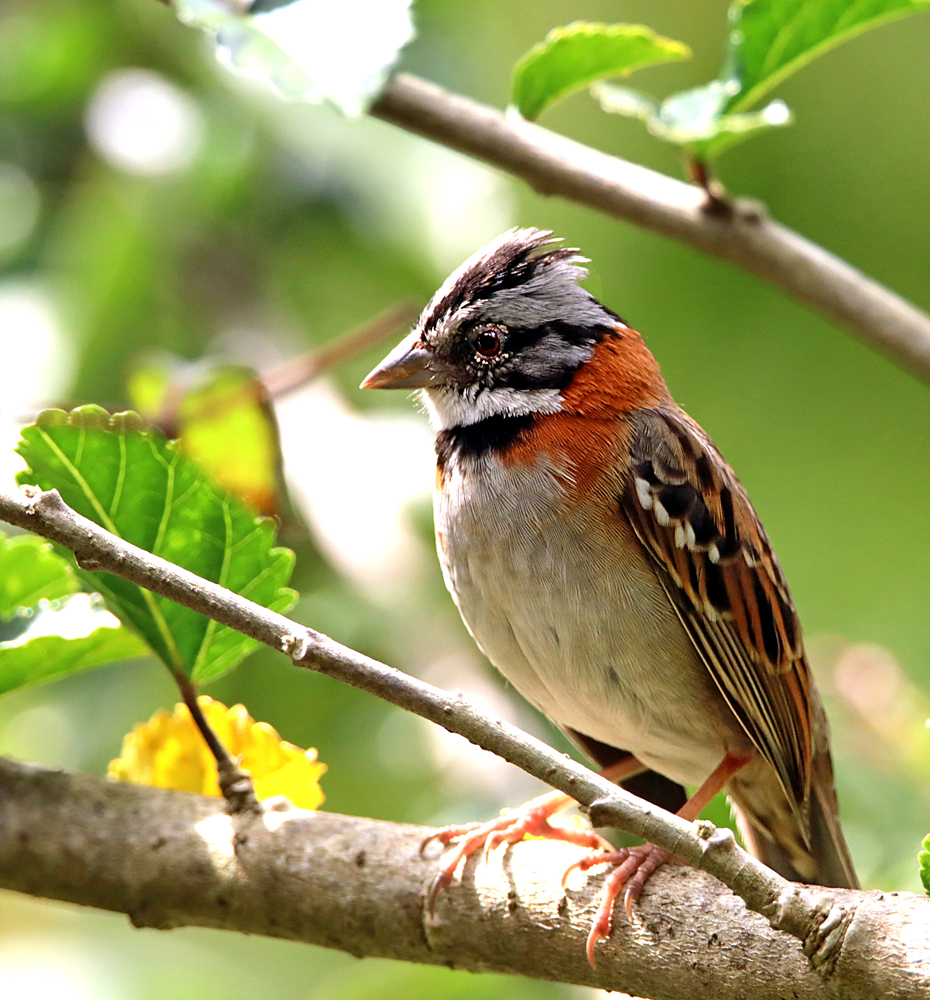
Hotel Savegre, San Gerardo de Dota, Costa Rica.
¡Pura Vida!
